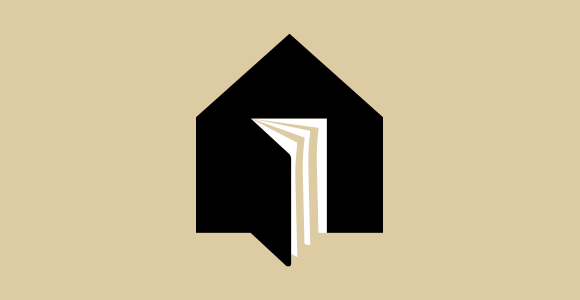We are currently witnessing the start of the quantum industrial revolution. In 2023 the Danish government launched a new strategy to enhance quantum technology and NATO launched a center for quantum technology in Denmark. A Danish quantum internet is under development, and it will connect selected geographical locations, including the University of Southern Denmark. The quantum internet will be launched in 2025.
Quantum technology includes quantum computing as one of the most important modern technologies. Quantum computing uses the laws of quantum mechanics to perform computations. This leads to so-called quantum algorithms, which solve important tasks that are intractable on a classical computer. Key examples include factorization of integers, simulation of quantum many-body physics and search algorithms.
The potential of quantum computers will be harnessed both in research and in industry. Further, quantum computers enable quantum communication, granting efficient and secure means of communication. The security of quantum encryption is founded on the laws of quantum mechanics, and this guarantees a security that is stronger than what classical encryption can provide.
With a Master’s degree in quantum computing from SDU, you will be among the first quantum programmers. The SDU program is distinguished by its emphasis on software aspects of quantum computing, and there is a strong focus on the interplay between theory and practice.
The programme is both theoretical, practical and highly interdisciplinary
As a student, you will learn the theory behind quantum computing with a focus on the software aspects, including development and implementation of quantum algorithms, quantum information protocols and error-correction. Quantum computing includes elements from physics, computer science and mathematics, and you will learn to understand their interplay within quantum computing. Moreover, you will learn the traditions and the terminology of the field
As a student, you will be trained in programming on quantum computers in practice. You will be implementing in practice the algorithms you have studied. As part of the program, you will be working with real world use cases, and you will meet companies and research units that are already utilizing quantum computing. For the Master’s thesis, there are good prospects for collaborating with the industry on a project.
The programme is taught in English. The terminology of the field is English, and you will engage with several English-speaking instructors and lecturers. After having obtained your diploma, you can expect to be part of international teams within the rapidly growing quantum technology industry.
You can apply for enrollment to this program if you have a bachelor's degree in physics, computer science, mathematics, Artificial Intelligence, or data science. With the diploma, you can use the title cand.scient. in quantum computing, and you can apply for a PhD in quantum computing.
The programme is run by Centre for Quantum Mathematics, Institute for Mathematics and Computer Science, SDU, and it benefits from the many quantum computing initiatives at SDU.
Graduates of the programme are entitled to use the academic title Master of Science (MSc) in Quantum Computing.
Why Quantum Computing?
-
With its focus on software aspects, the program has a unique profile, and you will be among the first world-wide with competences within the field of quantum programming.
-
SDU has a strong international standing on quantum theory and hosts various research centers including the Centre for Quantum Mathematics and the Quantum Field Theory Centre. As a student, you will have plenty of opportunities to interact with these environments.
-
With your diploma in quantum computing from SDU, you can contribute to the development of one of the most interesting technologies in an interplay between industry and the academic world.
- You will be in high demand on the national and international job market, where there is a rapidly growing demand for a workforce with competence in quantum technology. Further, you will have ample opportunity to engage with research in quantum computing and to apply for a PhD.
